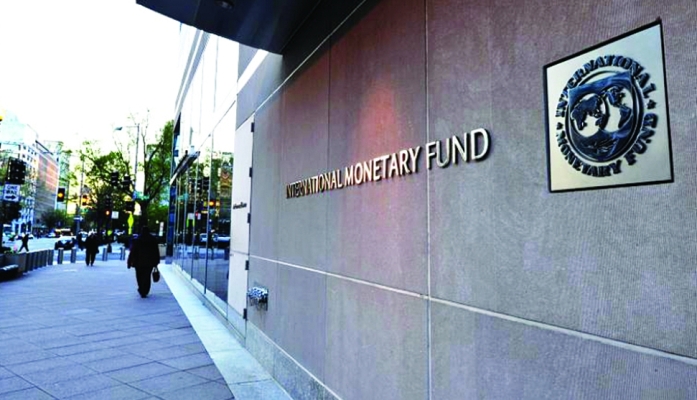The Director of the International Monetary Fund, Kristalina Georgieva, predicted that the global economic losses due to the Corona pandemic would reach 28 trillion dollars over the next five years, and at the opening of the fall meetings of the International Monetary Fund and the World Bank in Washington, DC, Georgieva said: “The picture during the past few months has become less. Serious, yet we continue to expect the worst global recession since the Great Depression in the 1930s.
“Growth is expected to decline to negative 4.4 percent this year, and over the next five years, the crisis may cost an estimated $ 28 trillion in lost production,” she added. “All countries are now facing a long rise, and the journey will be difficult and uneven.” Regular, uncertain and prone to setbacks, “Georgieva announced that the fund had granted loans of about $ 90 billion since March to enable member states to cope with the economic repercussions of the pandemic.
“Since the epidemic began, the International Monetary Fund has been moving forward with full force and commitment, through our political advice, capacity development, and financial resources,” she said. Georgieva revealed loan commitments from the fund in excess of $ 280 billion, and said: “We have approved more loans. Of a third of that amount since March, we still have substantial resources from our lending capacity of $ 1 trillion to help support our members, and according to the IMF director, 81 countries have benefited from these loans since the start of the pandemic.
“We extended debt service relief to our poorest members, and mobilized an additional $ 21 billion to support lending on concessional and interest-free terms,” Georgieva added. “These resources help us prepare for the next phase, which is support for recovery, and we are examining options to further adapt our range of lending tools.” , Georgieva called for dealing with global sovereign debt, which she expected in 2020 to reach a record level of 100 percent of GDP, and attributed this rise in sovereign debt “to the need for countries to increase spending to fight the Corona crisis and secure a recovery.”






























